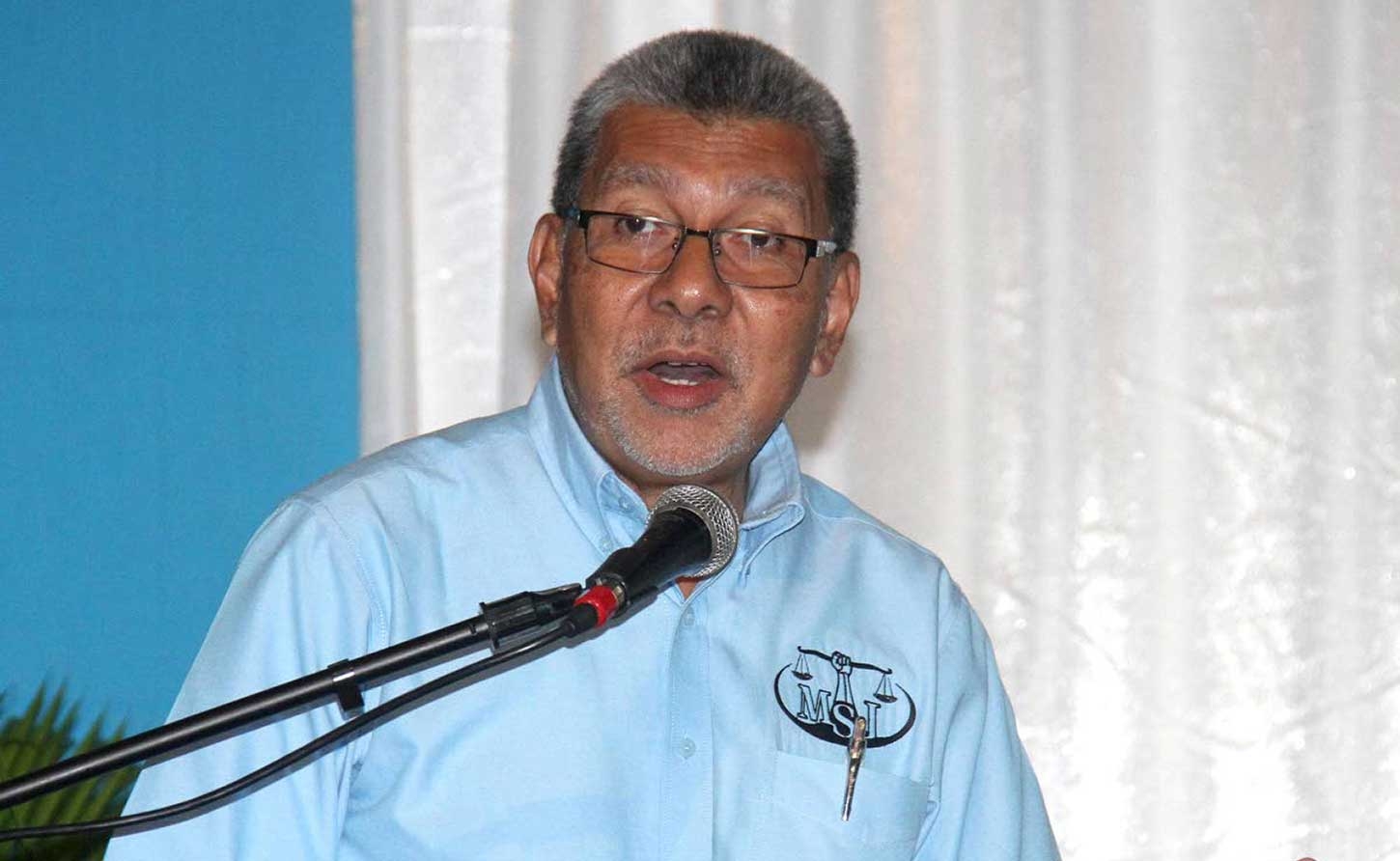TRINIDAD Activist Calls US Strike That Killed Two Nationals a "War Crime"

PORT OF SPAIN, Trinidad, October 17, 2025 - The death of two Trinidadian men in a United States military strike off the coast of Venezuela has ignited fierce condemnation from a prominent regional activist, who characterized the October 14 incident as an extrajudicial killing that violates international law.
David Abdulah, a member of the executive of the Alliance of Caribbean People, delivered his rebuke at a media conference held opposite the US embassy at Port of Spain's Queen's Park Savannah on October 16.
The two Trinidadians -28-year-old Chad Joseph from Las Cuevas and Rishi Samaroo from South Trinidad were among six people killed when US forces struck a vessel in international waters—the fifth such boat attack under the Donald Trump administration.
"Dead Men Tell No Tales"
Abdulah pulled no punches in his assessment of the strike, invoking the Geneva Convention to frame his argument. "It is a war crime according to the Geneva Convention," he declared. "Even if they were engaged in criminal activity, we don't know, because dead men tell no tales, and there's no evidence."
His critique went beyond the specific incident to challenge the fundamental legality of such operations. "We don't know what they were doing, but, regardless, nobody has the right to engage in extrajudicial killings," Abdulah said. "Even in open warfare between two states, you can capture enemy soldiers but you cannot line them up on a wall and execute them."
President Trump justified the strike by claiming the vessel was affiliated with a designated terrorist organization operating in the Caribbean. However, Abdulah rejected this rationale, arguing that the lack of due process and the impossibility of hearing the victims' side of the story undermines any justification for lethal force.
A Military Buildup That Threatens Regional Peace
The activist's statement came amid a significant US military presence in the Caribbean. "Trump thinks that because he can deploy 10,000 military personnel, bombers, fighter jets, naval ships, a nuclear submarine, drones and guided missiles, that he has the right to kill people in this world," Abdulah said. "And we say no, the Caribbean must remain a zone of peace."
This military deployment has occurred against a backdrop of heightened tensions with Venezuela. Reports have circulated of alleged assassination attempts against Venezuelan President Nicolás Maduro—allegations that Trump has notably not denied. The US State Department denied in September 2024 that the CIA was involved in any such plot, but questions persist about the true scope of US objectives in the region.
Call for Caribbean Solidarity
Abdulah directed part of his criticism at Trinidad and Tobago's own government, specifically calling on Prime Minister Kamla Persad-Bissessar to withdraw statements characterizing the strikes as legitimate attacks on narco-trafficking operations.
"Because if there is a military strike against Venezuela, if there is an attempt to assassinate President Maduro, as has been reported and Trump has not denied, then the whole narrative of this being about narco trafficking is shown to be a lie—that story has collapsed," Abdulah argued. "We therefore cannot [support] US military intervention in this region."
His statement highlights a tension at the heart of Caribbean security policy: the need to combat drug trafficking while maintaining regional sovereignty and resisting what some view as neo-imperial military interventions. The killing of two Trinidadian nationals—regardless of their alleged activities—has brought this tension into sharp relief.
Unanswered Questions
As the debate over the legality and morality of the strikes continues, fundamental questions remain unanswered. What exactly were the two Trinidadians doing on the vessel? What evidence did US forces possess before launching their attack? And most critically for the region: where does legitimate counter-narcotics cooperation end and violations of Caribbean sovereignty begin?
For Abdulah and the Alliance of Caribbean People, the answers to these questions matter less than the principle at stake—that no nation, regardless of its military might, has the right to kill without due process, particularly in international waters where multiple nations' interests intersect.
-30-
